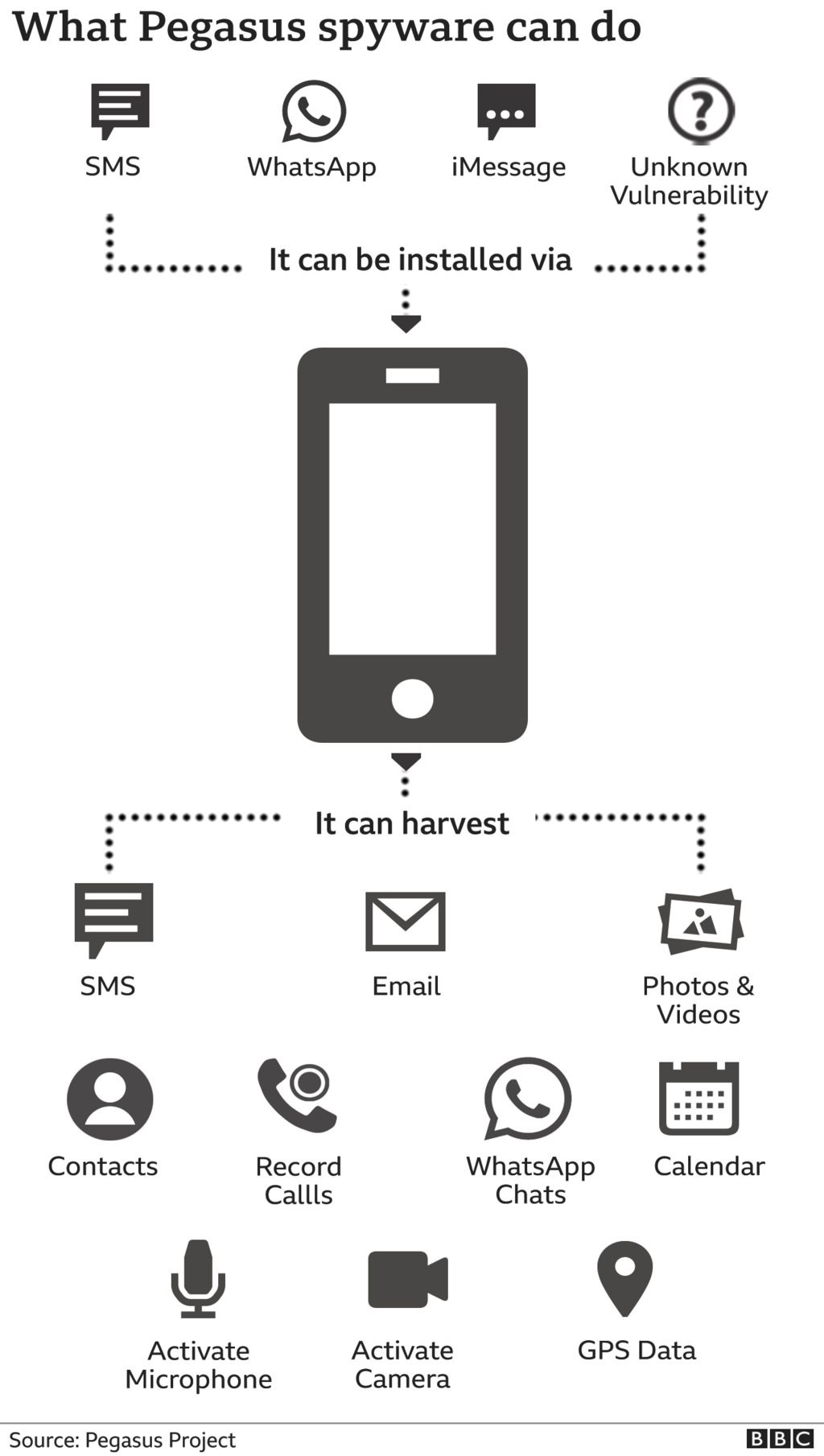900 319 0030
enquiry@shankarias.in
What is the issue?
Supreme Court has set up a panel to investigate allegations of potential surveillance of mobile phones using the Pegasus spyware.
A spyware is any malicious software designed to enter your computer device, gather your data, and forward it to a third-party without your consent.


The right to privacy is protected as an intrinsic part of the right to life and personal liberty under Article 21
The expression “freedom of press” has not been issues in Article 19 but it is comprehended within Article 19(1)(a)
References